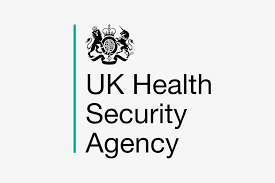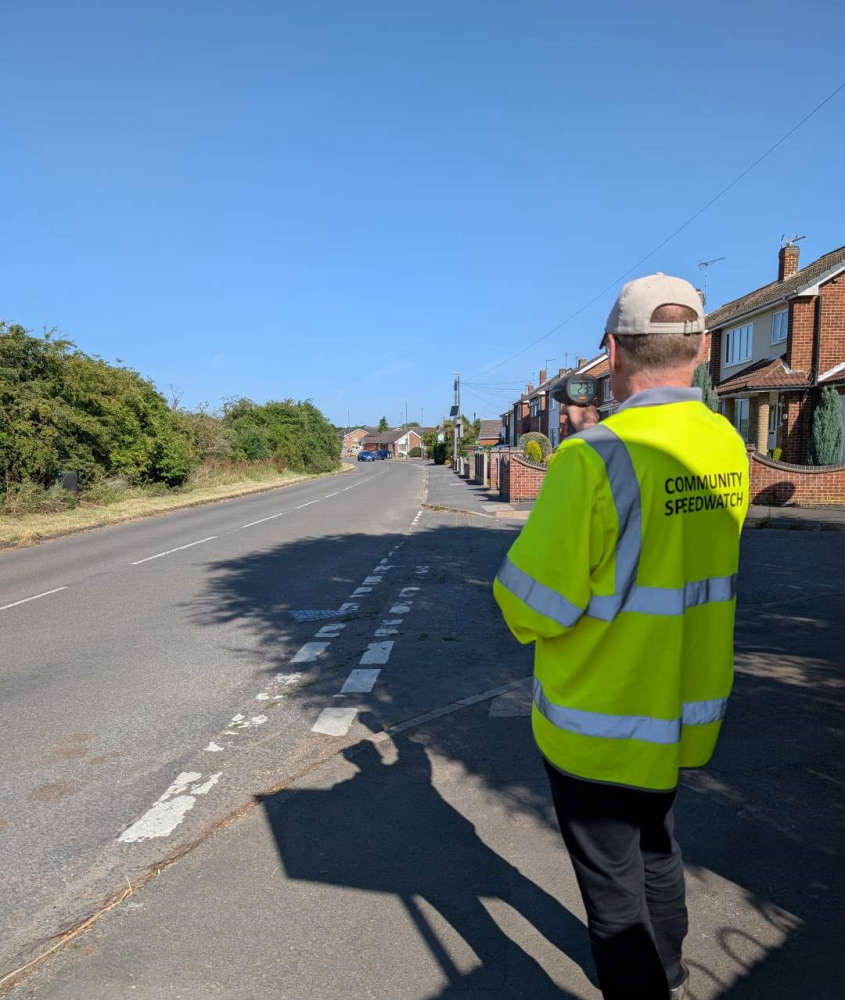
As people in the East Midlands region prepare for the summer getaway, the UK Health Security Agency (UKHSA) is urging travellers to take steps to protect themselves and their families from potentially serious travel-related infections.
According to a new report, provisional data looking at cases managed by UKHSA Health Protection Teams shows that gastrointestinal (GI) infections remain the most common travel-related illness nationally – accounting for 65% of reported cases.
The East Midlands region recorded the second-highest number of travel-related GI infections (third-highest case rate after the North East and West Midlands), with 367 cases – representing 13.6% of cases in England. The main bugs causing these infections include cryptosporidium, giardia and salmonella – generally picked up from infected water and food. National data shows that the countries of travel most associated with GI infections were Turkey (16.2% cases), Spain (10.4%), India (7.9%), and Egypt (6.8%).
Malaria remains a significant risk for people travelling to endemic areas, with the East Midlands seeing the biggest rise of 134%, from 41 cases in 2022 to 96 cases in 2023. The reasons for travelling cited by UK cases were visiting friends and relatives (74%), travelling for holiday (20%) and travelling for work (6%).
Travel-related measles cases have increased significantly since 2022, reflecting global trends of the disease and increasing levels of travel following the pandemic, with children under 10 most affected.
Recent outbreaks have been seen in several other European countries including Romania, France, Belgium, Italy and the Netherlands.
David Pearce, UKHSA Regional Deputy Director East Midlands, said: “The East Midlands has a diverse population, so there is a lot of international travel, increasing risk of travel-related infections. The most significant increase is in cases of malaria, with a rise of 134% from 2022 to 2023. Malaria is a serious and potentially life-threatening disease, caught from the bite of a particular mosquito found in tropical and subtropical regions. The disease is almost completely preventable, and people can reduce risk of infection by using mosquito repellent with DEET on exposed skin, draping mosquito netting over beds, and taking antimalarial medications before, during and after your holiday.
“The East Midlands has the second-highest number gastrointestinal (GI) infections, with 367 cases, representing 13.6% of cases in England. GI infections are preventable, with risk greatly reduced by practicing good hand hygiene and making sure fresh food is rinsed well in clean water.
“Measles remains an ongoing risk, both in England and abroad, particularly for children, so it’s important to make sure everyone is up to date with their MMR vaccines. Certain countries also require specific vaccinations, so you should arrange these with your GP surgery in good time before travelling. The Travel Health Pro website, has detailed country-specific information, including what vaccines to get, any important medication such as malaria tablets, and how to avoid traveller’s diarrhoea and other serious gastrointestinal infections.
“We want everyone in the East Midlands to enjoy a safe and healthy holiday season, whether at home or abroad. So whether you’re visiting family and friends, taking a mini-break, going somewhere you know well or a more exotic location, there are simple steps you can take before, during and after travel to reduce your risk of picking up an unwanted infection, ruining your trip and having to take time off work or school when you get back. From vaccinations to basic hygiene, practising safe sex, and being aware of symptoms, there are easy ways to stay well.”
Travel health advice
Before you go
- Check the Travel Health Pro website for country and disease-specific information: www.travelhealthpro.org.uk
- Make an appointment with your GP, practice nurse, a travel clinic or a pharmacy offering travel services
- Ensure you are vaccinated – especially for measles, hepatitis A and typhoid
- Check if malaria tablets or other vaccinations are needed
During your trip
- Practise good hand hygiene by washing hands regularly with soap and water
- Follow food and water hygiene advice, for example avoid under cooked food and drink bottled water when appropriate
- Avoid insect and tick bites – use insect repellent and mosquito nets in high-risk areas
- Practise safe sex
- If you are bitten, scratched or licked by an animal in a country where rabies is found then you should wash the wound or site of exposure with plenty of soap and water and seek medical advice without delay in order to get post-exposure treatment to prevent rabies
After returning
- Seek medical advice if you have symptoms such as diarrhoea, fever, rash or jaundice
- Avoid school or work for 48 hours after gastrointestinal symptoms resolve
- Complete the full course of malaria tablets when you get home
- Get tested for STIs if you have had unprotected sex

 Giving Lottery Result for Saturday 19th July 2025
Giving Lottery Result for Saturday 19th July 2025
 Chamber calls for more supportive policies for businesses as unemployment rises to 5% in the East Midlands
Chamber calls for more supportive policies for businesses as unemployment rises to 5% in the East Midlands
 Drone shots of cinema site released as bricks reclaimed
Drone shots of cinema site released as bricks reclaimed
 Road maintenance top priority for £41m investment programme in county roads and transport
Road maintenance top priority for £41m investment programme in county roads and transport
 Community Speedwatch Day of Action
Community Speedwatch Day of Action




